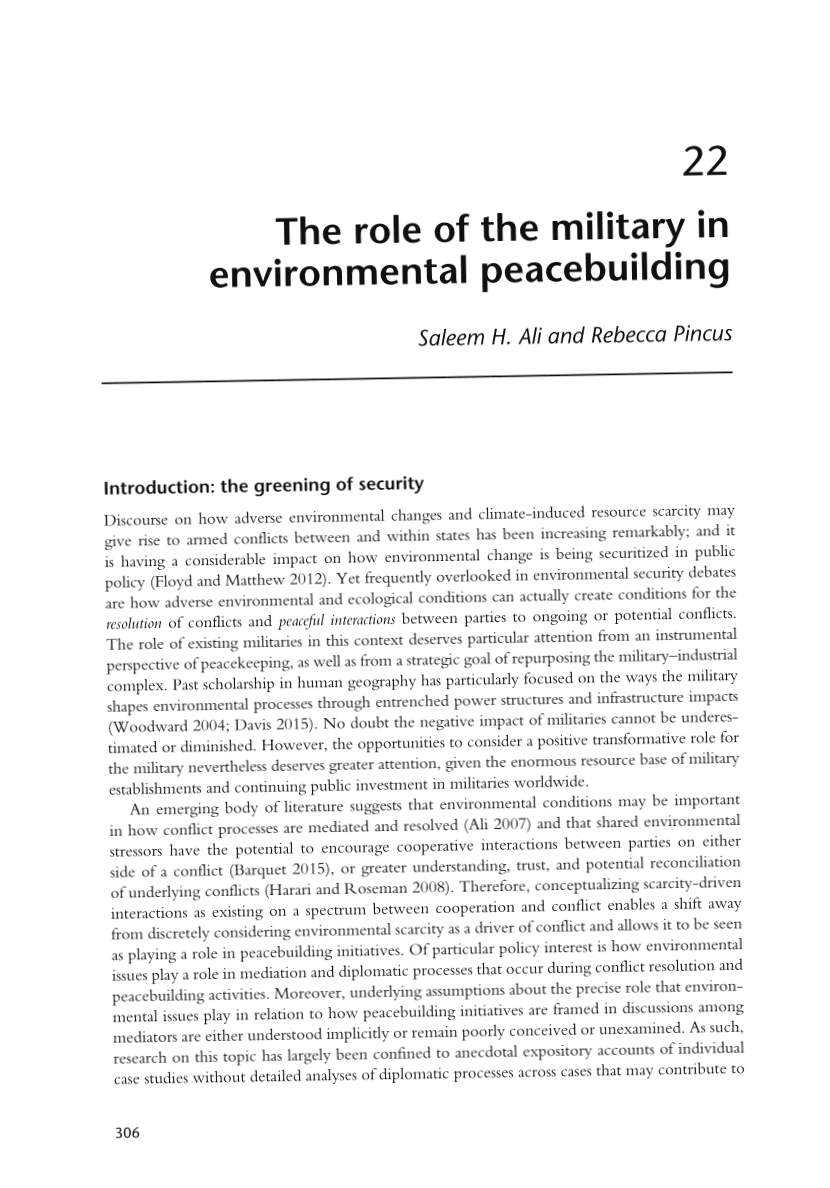In an increasingly globalized world, conflicts abroad have become unavoidable. The possibility of providing military assistance abroad is therefore becoming increasingly relevant. At the same time, promoting peace is becoming a key concern for the international community. In this context, international military operations are gaining in importance.
The mission of military operations abroad is to end or prevent conflicts and contribute to peacekeeping by building stabilization forces. This often involves providing humanitarian aid, protecting civilians and rebuilding infrastructure. Germany’s position on the issue of international military deployment demonstrates a strong commitment to strengthening the role of the United Nations and creating sustainable peace orders around the world.
This article examines the different aspects of military assistance abroad and peacebuilding. It will shed light on the background of these deployments and address their benefits and challenges. Finally, the value of these deployments for German foreign policy is addressed and their role in the international community is discussed.
However, how will the international community decide in the future what kind of military assistance to provide abroad and how peacebuilding can best be carried out?? This article will address these questions and suggest ways in which progress can be made in this area.
Keywords: military assistance abroad, peacebuilding, international military operations, stabilization forces, United Nations, German foreign policy, international community.
Historical context
Military assistance abroad and the promotion of peace have always been closely linked in the history of Europe. As early as the Middle Ages, soldiers were recruited from different countries to fight in wars and conflicts. In the 18. and 19. In the nineteenth century, European powers helped secure peace in other parts of the world by preventing wars between local rulers.
In the 20. Peace missions became an important part of international relations in the twentieth century. After World War II, the United Nations was founded to provide a platform for diplomatic solutions to conflicts. The UN has since organized numerous peacekeeping missions and deployed military forces to end conflicts or provide humanitarian aid.
- One example is the Multinational Force and Observers, which was launched in 1981 to secure peace between Israel and Egypt.
- NATO has also been involved in peacekeeping missions since the 1990s, e.g. in the Middle East.g.B. in Bosnia and Herzegovina or in Afghanistan.
Military assistance abroad and the promotion of peace remain important issues in international politics and are likely to continue to play a central role in the future.
The contribution of German-speaking countries to military assistance abroad and peacebuilding
German-speaking countries such as Germany, Austria and Switzerland have made an important contribution to supporting peace missions abroad in recent years. This involves not only military assistance, but also civilian measures such as humanitarian aid, building infrastructure and training local forces.
Cooperation within European and international organizations such as NATO, the European Union and the United Nations plays an important role in this context. Through coordinated missions and joint strategies, German-speaking countries can increase their contribution to peacebuilding and implement it more effectively.
It is important, however, that military assistance be in accordance with the principles of international law and not constitute interference in the internal affairs of the country concerned. A critical examination of the effects and goals of such missions is essential in order to make a long-term and sustainable contribution to peacebuilding.
- German-speaking countries can provide valuable impetus through their experience and expertise in crisis management and conflict prevention.
- Targeted support for education and science can also help find long-term solutions for conflict resolution.
- It is important to also strengthen the role of civil society in target countries and promote their participation in peace processes.
Overall, it is important to develop a long-term peacebuilding strategy that balances military and civilian action and focuses on engaging affected populations and civil society actors.

Causes of potential conflict when military assistance is provided abroad
Military assistance abroad is a complex issue that often involves conflict and tension. To understand these, the context and causes must be considered.
- Historical conflicts: in some countries there is already a long history of conflict and war, which can lead to distrust of foreign forces. When a nation offers military assistance, it can be interpreted as a type of neocolonialist agenda, which can lead to conflict.
- Cultural differences: cultural differences can also play a role. For example, local customs and traditions may be incomprehensible to foreign troops, causing conflict.
- Conflicts of interest: military aid can also create conflicts of interest between different countries, especially when competing countries are involved. In these cases, military aid can be interpreted as part of a larger political agenda and can create conflict.

It is important to emphasize that conflict is by no means inevitable in the context of military assistance abroad. Careful planning, sensitivity to cultural differences, and transparent communication can prevent or minimize conflict. Successful military assistance abroad can help restore or ensure peace and security in a country or region.
The role of military assistance in peacebuilding abroad
Military assistance abroad is often seen as a way to promote peace. However, there is debate about whether military aid can actually help promote peace or whether there are long-term consequences that could jeopardize peace.
Some experts argue that the use of military assets abroad is a short-term solution and can contribute to escalating conflicts rather than resolving them in the long term. Others argue that military assistance can be a necessary component of humanitarian operations and in some cases has helped to create political, economic, and social conditions in advance of peace negotiations.
- Civil-military cooperation can help facilitate institution building and infrastructure reconstruction;
- Military assistance can also help disarm actors in a conflict and maintain peace by establishing security measures;
- The involvement of international troops can also, in some circumstances, help to promote coexistence between different ethno-religious groups and thus reduce conflict.
A key component to the success of military assistance in peacebuilding is the implementation of mechanisms to hold military assistance accountable and to accompany the political processes of peace negotiations. This is the only way to ensure that the use of military aid does not lead to conflict, but has a positive impact on the stability of the country.
Criticism of military aid abroad
The debate over military assistance overseas has been ongoing for years. The issue is not only whether it is right to help foreign states militarily, but also the effectiveness of such measures. There are a growing number of critics who see the concept of military aid as a failure.
The arguments are complex. Some critics complain that military assistance usually achieves only short-term results. Others complain about the high costs associated with such missions. The risk of foreign troops being drawn into local conflicts is also often cited as a major argument against military aid.
In addition, there are concerns about the proper balance between civilian and military aid. Many experts believe that civilian assistance is neglected when policy focuses too much on military aid. In some situations, purely military intervention can even be counterproductive if it loses the trust of the local population.
Overall, the discussion of military assistance abroad needs to continue in a productive manner. It is important to discuss the pros and cons of these measures and to ensure that they are used only if they are effective and fit within the broader goals of peacebuilding.